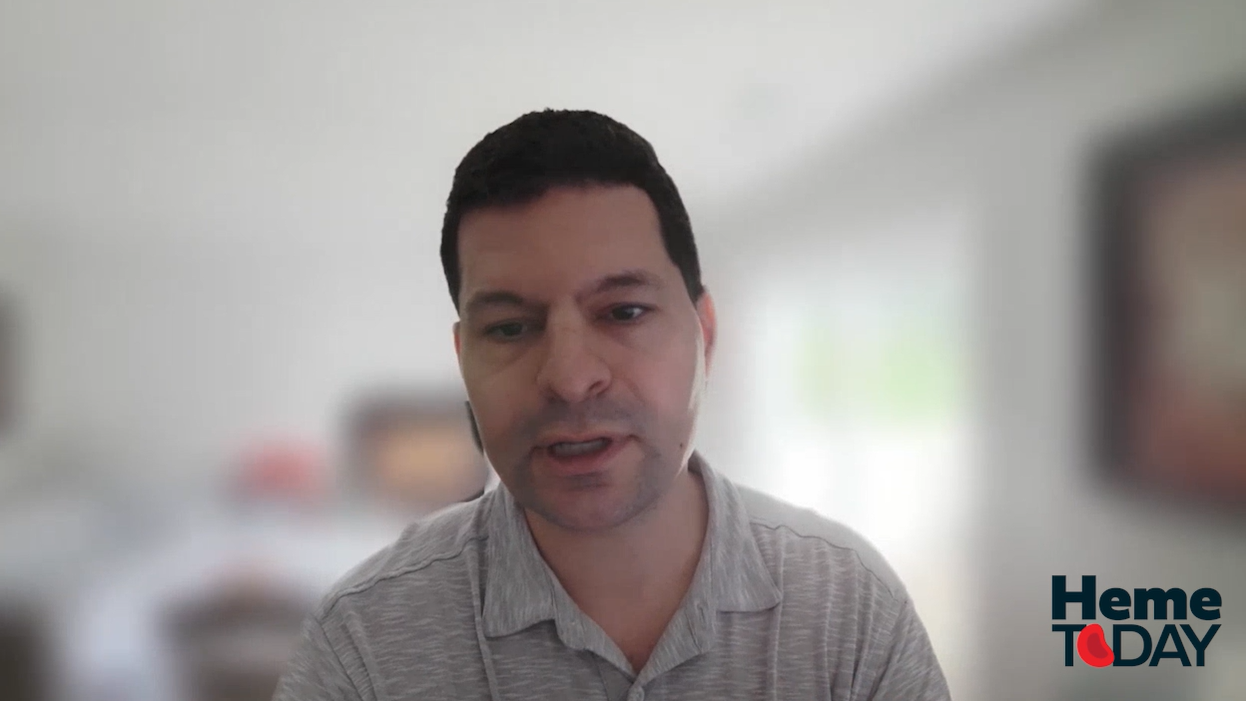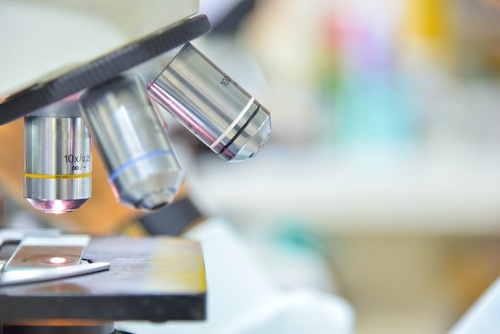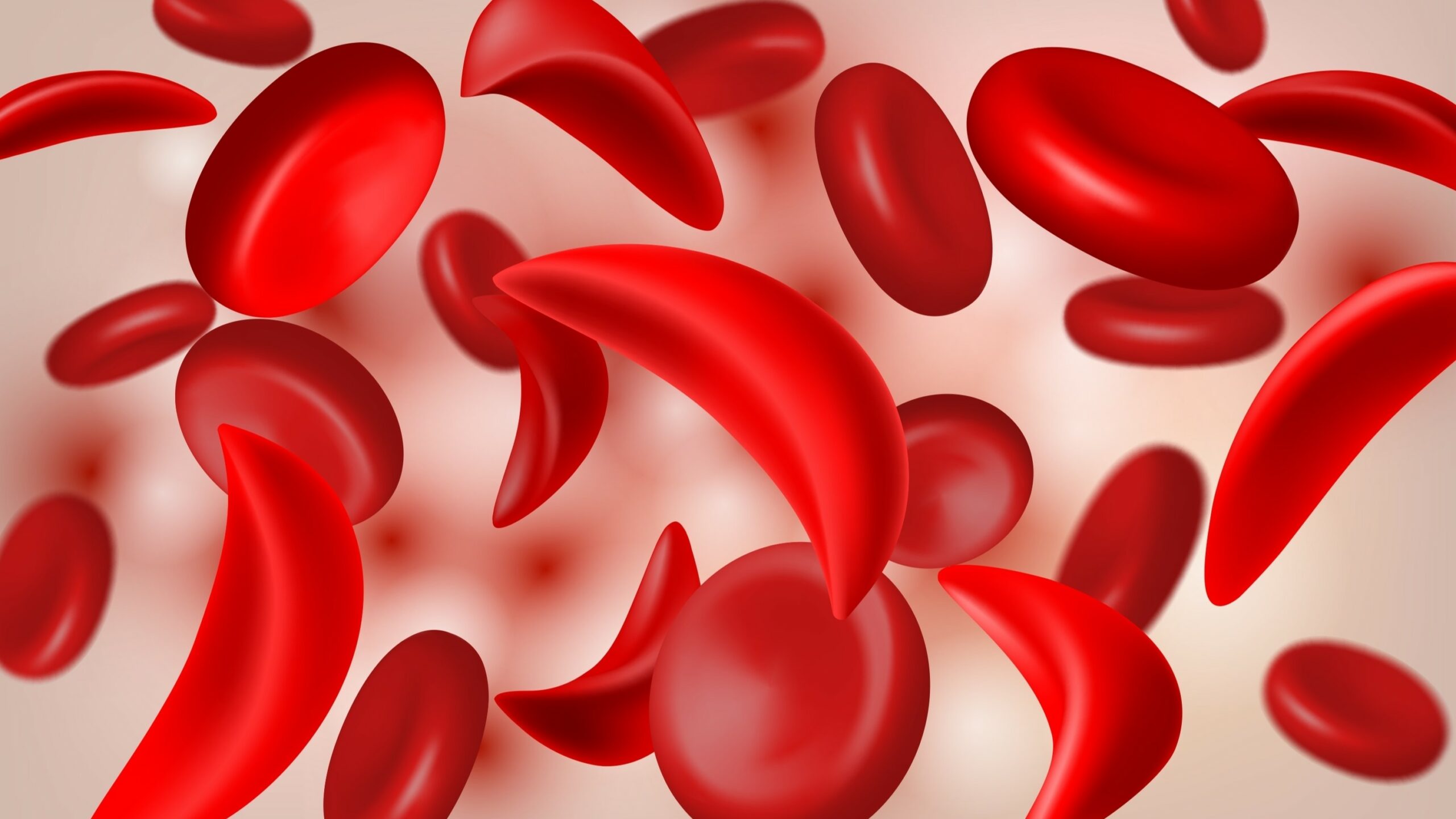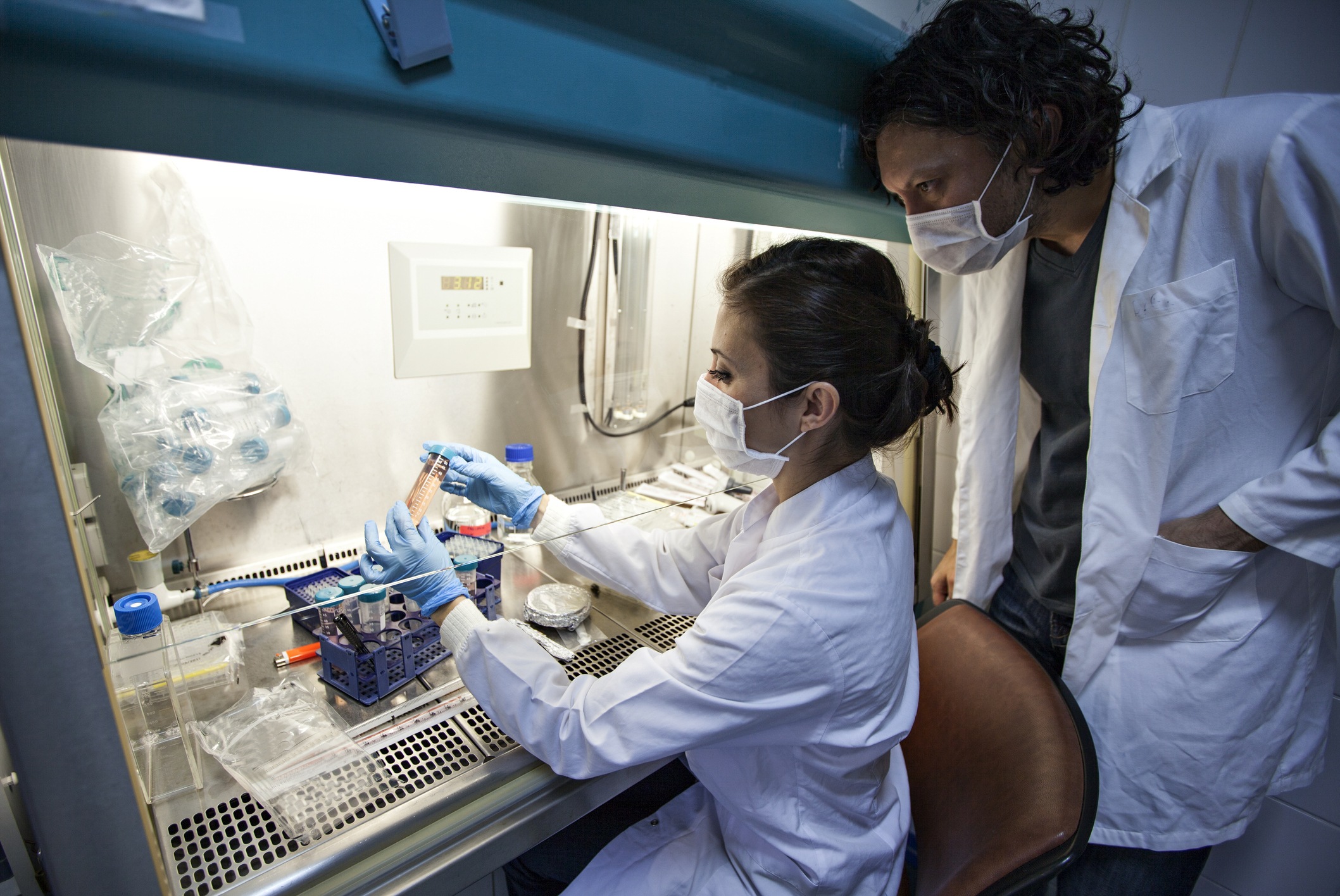Dr. Diesch-Furlanetto on Fertility Considerations With Hydroxyurea in SCD
By Tamara Diesch-Furlanetto, MD, Andrew Moreno - Last Updated: September 3, 2024Tamara Diesch-Furlanetto, MD, is a pediatric hematologist-oncologist at University Children’s Hospital Basel in Basel, Switzerland. In an interview with Heme Today, she spoke about the study she conducted with Catherine Poirot, MD, PhD, of Sorbonne University in Paris, France, assessing the effect of hydroxyurea on ovarian reserve in women with sickle cell disease. Their findings were recently published in Blood Advances.
Dr. Diesch-Furlanetto and Dr. Poirot compiled cryogenically preserved ovarian tissue samples from 76 patients and compared samples exposed to hydroxyurea with unexposed samples. As they examined the samples, they accounted for the applied dosage and duration of exposure to hydroxyurea, the follicle stage of the samples, and patient variables.
“At the end, we couldn’t see a significant difference concerning the primordial follicle, which represents the ovarian reserve,” Dr. Diesch-Furlanetto explained.
As described by Dr. Diesch-Furlanetto, patients with sickle cell disease may have concerns that hydroxyurea use will affect their ovarian reserve, which leads to poor treatment compliance. Based on the results from this study, she said that clinicians can reassure their patients that hydroxyurea use will not harm patients’ fertility.
“You don’t need to perform fertility preservation before you will expose to hydroxycarbamide,” Dr. Diesch-Furlanetto added, “but you have to think about fertility preservation, fertility counseling, if you go into stem cell transplantation.”







 © 2025 Mashup Media, LLC, a Formedics Property. All Rights Reserved.
© 2025 Mashup Media, LLC, a Formedics Property. All Rights Reserved.